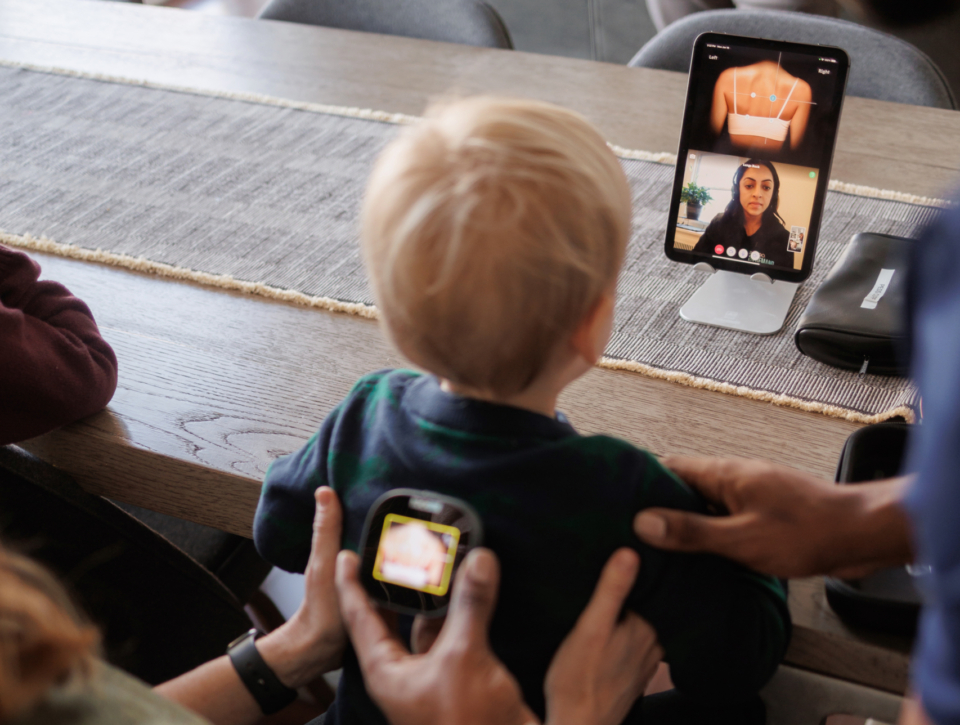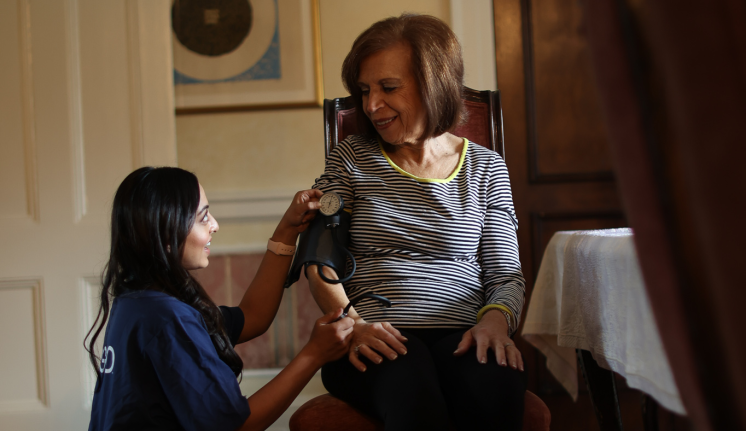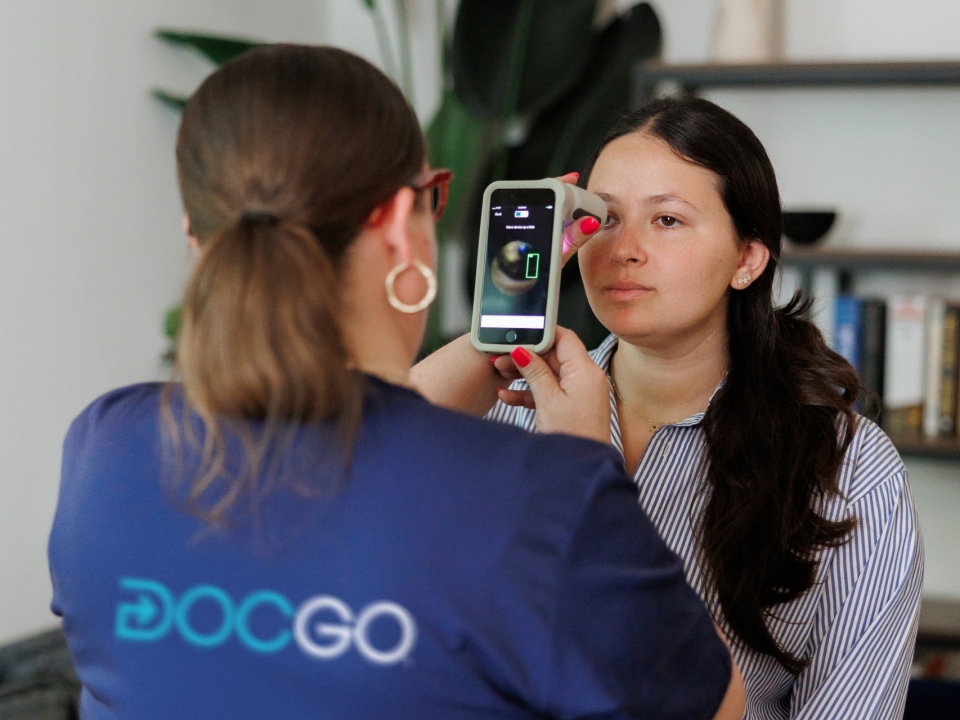By Lee Bienstock, CEO
Everywhere in healthcare, “value-based care” is the new catchphrase. It sounds like industry jargon, but the concept is simple. Value-based care (VBC) compensates providers for the quality and outcomes of their care, not the volume of services provided. This model encourages patient-centered approaches like proactive care, effective disease management, and personalized treatment plans. Proactive care, in particular, is the heart of VBC. It benefits millions of patients today – and still holds significant untapped potential. To understand why, it’s important to understand how VBC works.
Why Proactive Care?
Proactive healthcare focuses on preventing or anticipating health issues before they occur, rather than reacting as they arise. It involves regular screenings, health education, and early interventions. Sometimes, it means acting before a patient knows they need care. While reactive medicine often treats issues once they have been identified by a patient through their symptoms, proactive care is like having a doctor in the family who checks on you regularly to help you stay healthy in the long run.
For example, about one-third of adults live with multiple chronic conditions today, yet many don’t get recommended and proven preventative screenings. Not having recommended tests, which could be as simple as a blood pressure check or HbA1c, can mean missing out on a treatment or medication adjustment. Over the long run, these individuals may face more complications, including more frequent hospitalization – the most costly and risky form of care. Proactive care bridges this gap, bringing patients the day-to-day support they need and a holistic approach to ensuring timely preventative screenings and follow-up care.

The Role of Mobile & Virtual Medicine
Mobile home visits and virtual consults via telehealth help make proactive care possible, led by innovators like DocGo. DocGo often partners with health insurers to identify individuals with chronic conditions and prior hospitalizations who would benefit from increased access to care. DocGo may prescribe remote monitoring for these patients, which includes connected devices that enable clinicians to closely track their health data and more proactively address their needs. For those with chronic conditions, access to virtual care management can be a game-changer, providing the assurance of regular oversight with convenient access to their care team.
DocGo’s mobile medicine team can step into action to address immediate concerns or changes that require follow-up. In-home visits can effectively assess and treat patients to reduce unnecessary hospital stays. In addition, because many recommended screenings can be done in a patient’s home, DocGo’s mobile team is able to complete preventive screenings that would otherwise not happen at all. This approach improves the care experience and reduces costs for patients and the healthcare system alike. In 2023, DocGo’s virtual and mobile medical programs resulted in an estimated $167 million in offset medical costs from preventing unnecessary emergency department visits. This is value-based care in action.
Consider Julissa’s experience. She cares for her elderly mother with the support of DocGo, who provides virtual and in-home medical care to her family.
 “The clinicians at DocGo are amazing. They’ve not only directly provided my mother with healthcare, but also educated me in managing her blood pressure, Parkinson’s, and medications. It is intimidating having a senior living at home and sharing that responsibility with the folks at DocGo has been exceptional.”Julissa S.
“The clinicians at DocGo are amazing. They’ve not only directly provided my mother with healthcare, but also educated me in managing her blood pressure, Parkinson’s, and medications. It is intimidating having a senior living at home and sharing that responsibility with the folks at DocGo has been exceptional.”Julissa S.
Innovation Powers Proactive Care
Technology and data play a crucial role in proactive care, too. Mobile medical teams use advanced remote diagnostics – from connected stethoscopes and otoscopes, to blood pressure monitors that transmit in real-time – to keep a close eye on patients’ health. With ready access to data, remote providers can use analytics to anticipate and proactively address their patients’ needs. For example, one Pittsburgh health system found that Medicare members who enrolled in their remote patient monitoring program were 76% less likely to be readmitted to the hospital.
Remote care delivers a big impact today, but it’s just getting started. By some estimates, it’s projected that 70.6 million patients will use remote monitoring devices to help manage their health by 2025.
Beyond A Buzzword: The Future of Healthcare
With system-wide benefits for patients and providers, the transition to value-based care is a no-brainer – and scaling up proactive practices like remote monitoring and mobile medicine is the first step. Innovators like DocGo are making proactive care a reality across the country, and their efforts may finally take value-based care beyond a buzzword.









